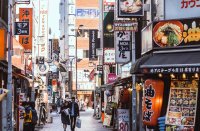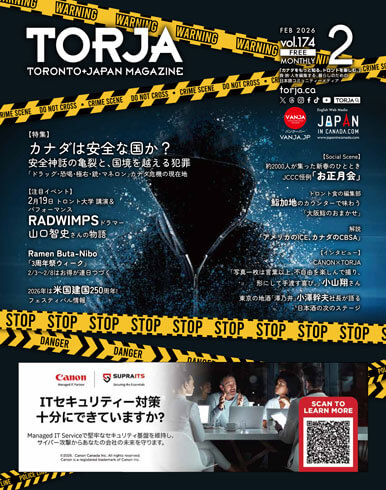Being homeless carries a powerful stigma in Japan, where society places strong importance on self-reliance. This October, in the midst of Japan’s worst storm in decades, homeless men were turned away from shelters. According to Asahi Shimbun, a homeless man, who had no address was denied entry to a shelter, because he failed to provide his name and address.
“I wanted them to allow me into the facility because the wind was strong and it was raining,” he said. This case has caused huge debate in Japan with majority of people being unsympathetic.
Homelessness in Japan
Homelessness in Japan is a social issue primarily affecting middle-aged and elderly men. It is thought to have peaked in the 1990s, as a consequence of the collapse of the Japanese asset price bubble and has largely fallen since then, although further economic downturns have, at times, increased the number of homeless people in the last ten years.
According to the latest figures published in July last year by the Ministry of Health, Labor and Welfare, there were 4,977 homeless people living in Japan. It marked the first time in the 15 years since the ministry began keeping records that the number had fallen below 5,000.
The majority of homeless people feel ashamed of their situation and hide away from public view, living in parks, under expressways or along riversides. Many try to blend in with the rest of the population and spend the night in saunas and internet cafes when they have the money.
Escaping homelessness can be a long and circuitous road and even taking the step of applying for government welfare can be a fraught process. According to a report by Japan Times, welfare officials in the 1980s and ’90s would actively try to discourage homeless people from applying when they turned up at local government offices. Officials use insulting, dismissive language to dismiss applicants and would give false or misleading information, and uses the phrase “mizugiwa sakusen” — a military term for the tactic of repelling invaders as soon as they reach shore.
What is the Big Issue Japan?
ビッグイシュー日本版18号(04年12月1日発売)でインタビューさせていただいた、NGO「ペシャワール会」の中村哲さん(73)。「出会っていく状況の中で、問題の一つひとつにどう答えていくか。‟一隅を照らす”ことで、見えてくるものがある」。心からの感謝とともに、ご冥福をお祈りいたします。 pic.twitter.com/AUF4Ie3jQj
— The Big Issue Japan (@BIG_ISSUE_Japan) December 10, 2019
The Big Issue Japan magazine is a magazine sold by the homeless to financially support themselves. The 32-page color magazine, published twice monthly, is a response to the social problem of homelessness. The Big Issue was first launched as a monthly magazine in London in 1991 to enable the homeless to earn an income and regain their self-esteem. The magazine became a weekly publication in 1993.
The Big Issue Japan—established in 2003—is a high-quality magazine that strives to “cut deep into social issues and tackles negative social conditions with a positive attitude.” The magazine seeks to help the homeless people to help themselves offering a “hand-up rather than a hand-out.” Their aim is for the vendors to earn an income and learn to manage their budget. The work also gives vendors the chance to reconnect with the society, and most importantly, regain self-confidence and a sense of trust. Having proved they are homeless, vendors are given ten free copies of the magazine to sell. After that, they can buy each copy for 170 yen and sell it for the price of 250 yen.
From September 2003 to March 2013, 1427 homeless people had registered with the Big Issue Japan as vendors. By March 2013, 5.71million copies of the Big Issue Japan were sold in Japan which provided a total of 802 million yen in income to homeless vendors.
Despite these accomplishments, the Big Issue Japan founder and CEO Shoji Sano says, “we are not quite there yet.” The homeless issue in Japan is far from being resolved, especially after the Lehman Brothers collapsed, young homeless people have become more prominent.
The average age of Big Issue vendors in Tokyo decreasing from 56 to 45. During the period from 2008 to 2010, the Big Issue Japan Foundation spurred to sound the alarm by issuing its “White Paper on Homeless Youth.”
Mr. Sano expressed his wish to “create an inclusive society where each individual has a place and role in society.” With the help of his network of contacts built over these past 10 years, he hopes to contribute to the rebuilding of livelihoods for people excluded from society.
The Big Issue Official Website
https://www.bigissue.jp/english/index.html















































